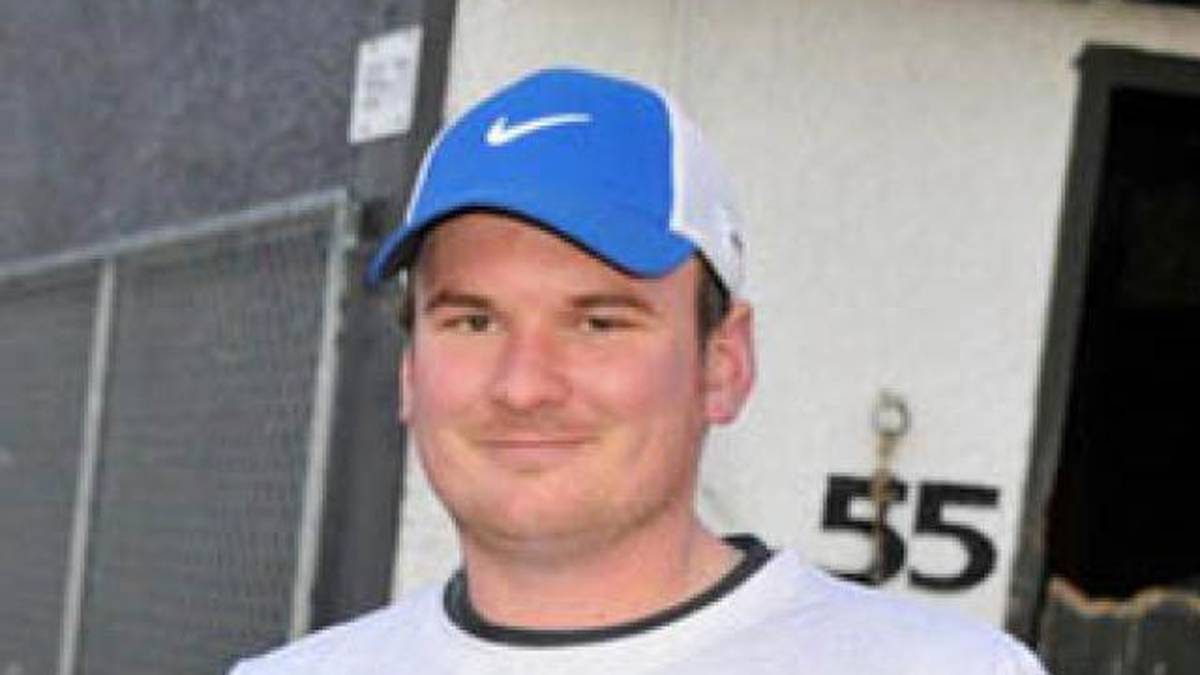‘Corrupt’ Harness Racing Trainer Sold Victim Non-Existent Horse
Posted on: June 15, 2022, 05:56h.
Last updated on: June 16, 2022, 03:47h.
A harness racing trainer from Christchurch, New Zealand, has been sentenced to seven months’ home detention for a series of racing industry frauds, including selling a victim a fictitious horse.

Mitchell Kerr, 30, has also been ordered to attend problem gambling courses and pay back around 2.6% of an estimated NZ$250,000 (US$156,000) fleeced from victims.
Kerr was a successful trainer during his three years in the industry, with 87 wins, amassing around $900,000 in stake money.
But he was also a gambling addict who blew through nearly NZ$1 million (US$630,000), betting on harness racing, greyhounds, and thoroughbreds in just two years.
Phantom Horse
In September 2019, Kerr agreed to sell an unraced three-year-old standardbred for NZ$40,000 (US$25,000). The problem was the horse did not exist.
Over the next nine months, Kerr concocted multiple invoices for non-existent training fees and insurance, costing the victim a further NZ$26,000 (US$16,200).
When the victim became suspicious after Kerr failed to send ownership papers, the rogue trainer told him the horse would not make the grade and was a lost cause. When pressed further for proof of the horse’s existence, Kerr sent the victim photographs of a different horse that matched the description of the phantom standardbred.
Kerr sent invoices to six owners for insurance premiums on fabricated policies he said he had taken out on their horses. These owners paid Kerr around NZ$24,000 (US$15,000) for the bogus policies.
On official documents, Kerr also forged the signature of one owner of two horses. That was to reduce their ownership percentage of the horses from 65% to 60% without their knowledge.
‘Seriously Corrupt’
In April last year, New Zealand’s Racing Integrity Unit banned Kerr from the industry. He had failed to attend an earlier hearing of the Judicial Complaints Authority (JCA), claiming he was bankrupt and could not afford legal representation.
The JCA panel described his behavior as “appalling” and “seriously corrupt.”
Kerr pleaded guilty to two charges of obtaining by deception and one representative charge of forgery in the Christchurch District Court on April 6.
He apologized after sentencing this week, adding that he would repay what he could to the victims.
Kerr’s lawyer, Kerry Cook, said his client could only afford to pay NZ$25 (US$15.60) per week in victim reparations over five years, totaling $6,500 (US$4,065).
Judge Michelle Duggan agreed that Kerr’s unemployment meant he would struggle to pay reparations and ordered the implementation of a $25 per week payment plan.
Related News Articles
Australia’s Betr Sportsbook Comes up Lame with Melbourne Cup Bettors
South Carolina Horsemen Renew Calls for Betting Ahead of Aiken Steeplechase
Most Popular
Tropicana Las Vegas to be Imploded, Tentative Date Set
VEGAS MYTHS BUSTED: Golden Gate is the Oldest Casino in Vegas
DraftKings Leads Bank Sports Betting Survey, ESPN Bet Surprises
Most Commented
-
End of the Line for Las Vegas Monorail
— April 5, 2024 — 90 Comments -
Long Island Casino Opponents Love New York Licensing Delays
— March 27, 2024 — 5 Comments
















No comments yet